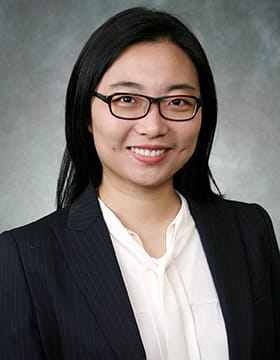- Share
A Comment on 'Wealth Inequality and Endogenous Growth' by Byoungchan Lee
How does wealth inequality affect economic growth? Byoungchan Lee answers this question by developing a heterogeneous-agent model and augmenting it with endogenous firm innovation. The novel channel is that rising wealth concentration reduces aggregate demand, which gives firms a disincentive to spend on R&D and therefore leads to slower productivity growth. In this discussion, we first explain the difference in calibration strategy between Lee’s approach and the common approach in the literature, and then discuss its quantitative implications for the effect of rising inequality on aggregate consumption.
Working Papers of the Federal Reserve Bank of Cleveland are preliminary materials circulated to stimulate discussion and critical comment on research in progress. They may not have been subject to the formal editorial review accorded official Federal Reserve Bank of Cleveland publications. The views expressed in this paper are those of the authors and do not represent the views of the Federal Reserve Bank of Cleveland or the Federal Reserve System.
Suggested Citation
Gu, Shijun, and Chengcheng Jia. 2022. “A Comment on 'Wealth Inequality and Endogenous Growth' by Byoungchan Lee.” Federal Reserve Bank of Cleveland, Working Paper No. 22-26. https://doi.org/10.26509/frbc-wp-202226


